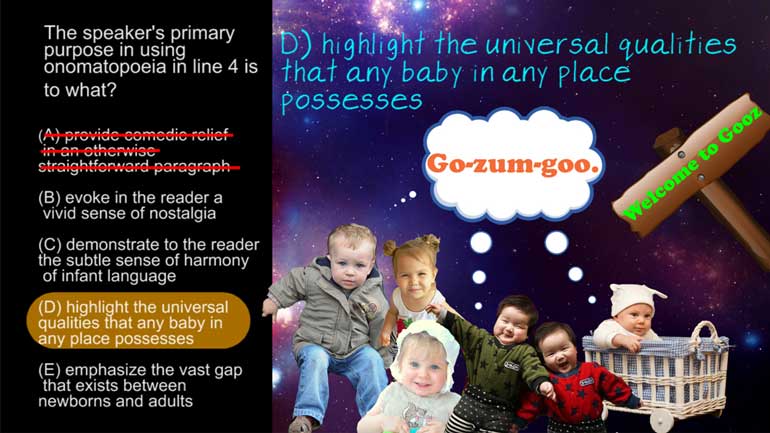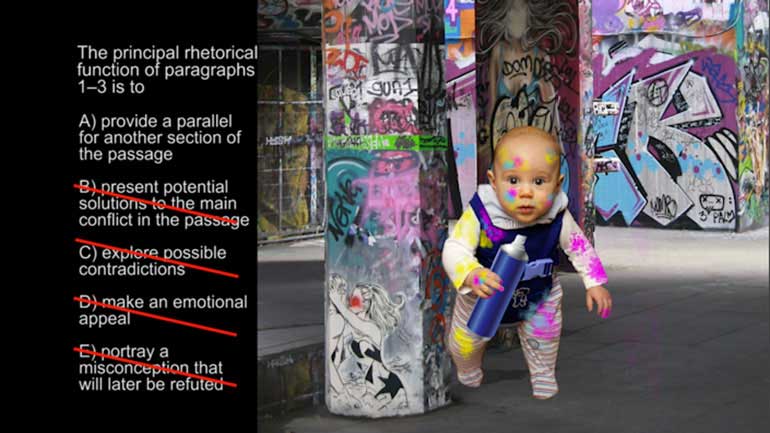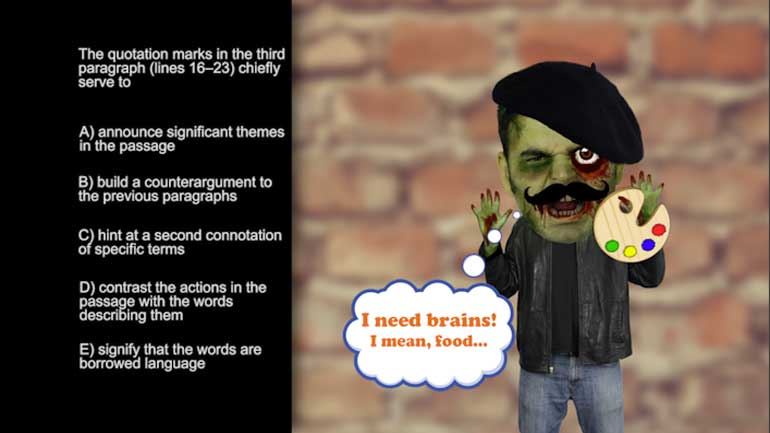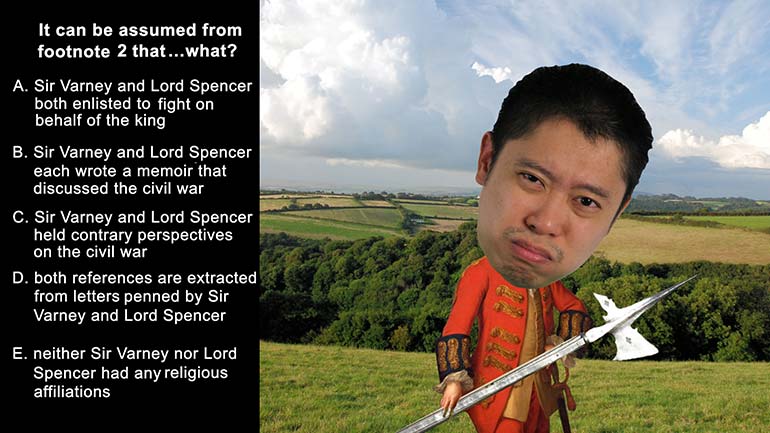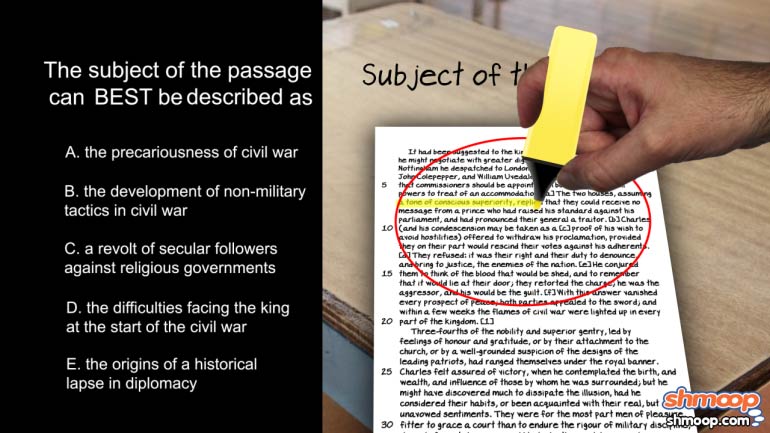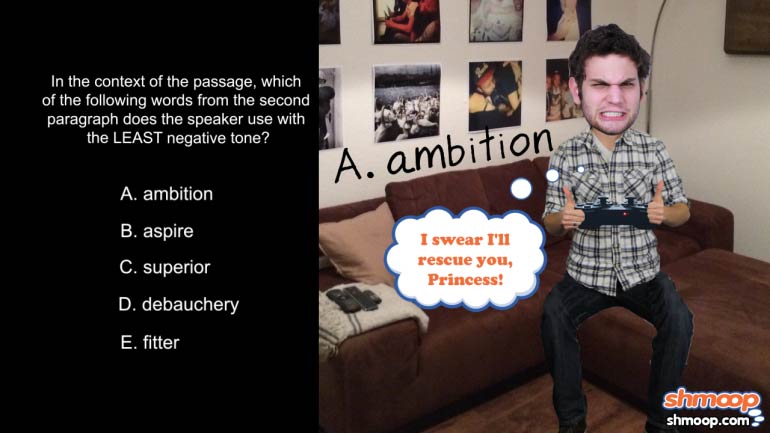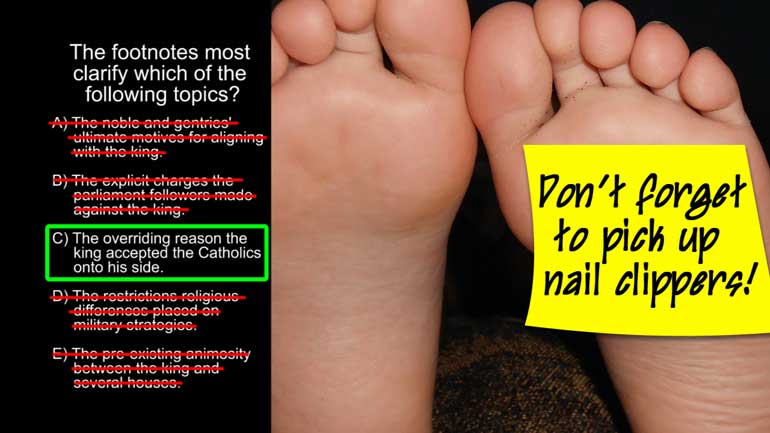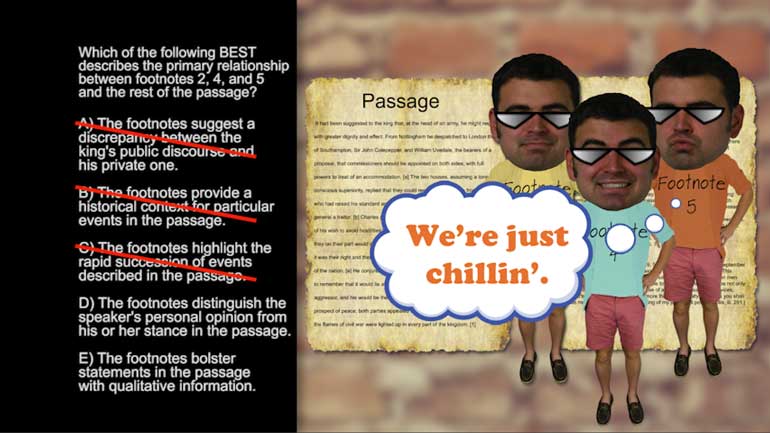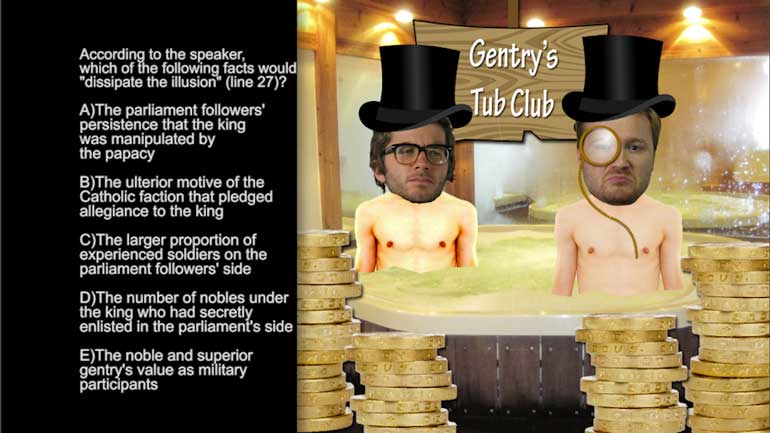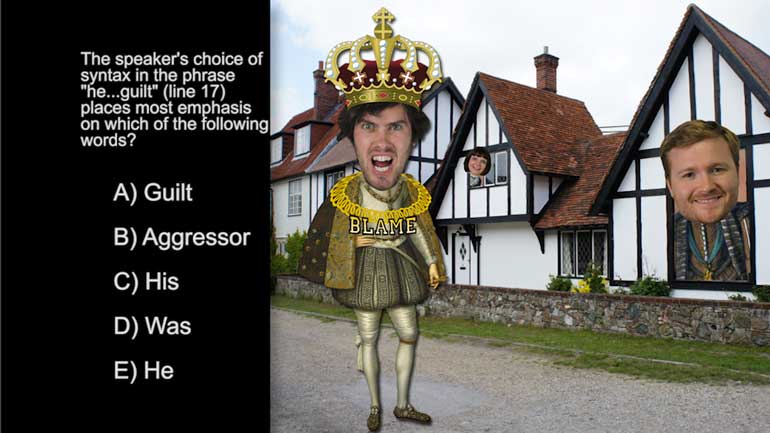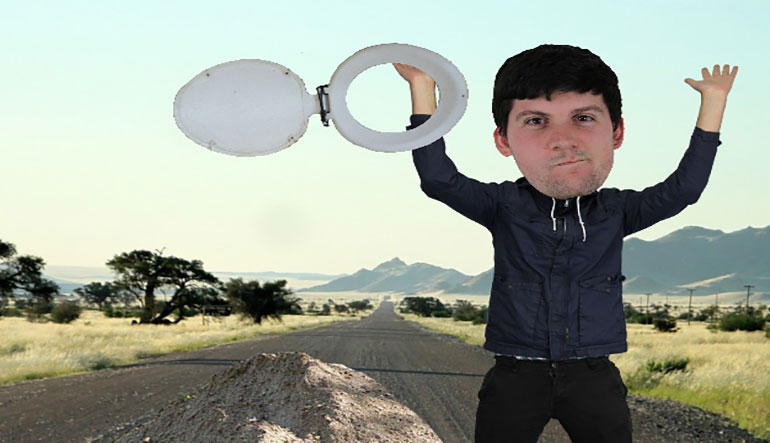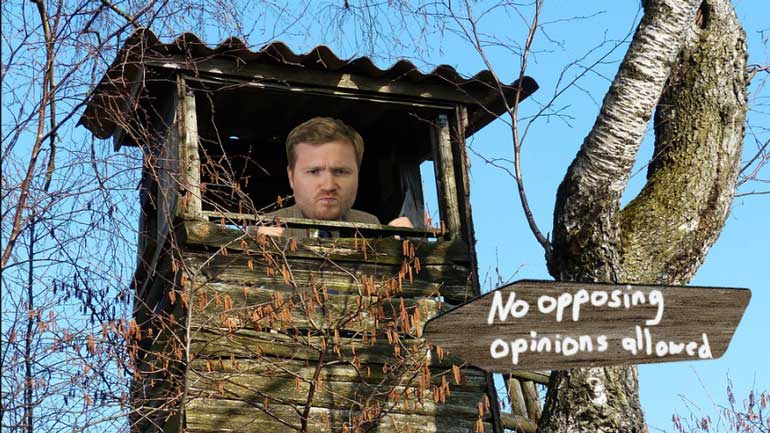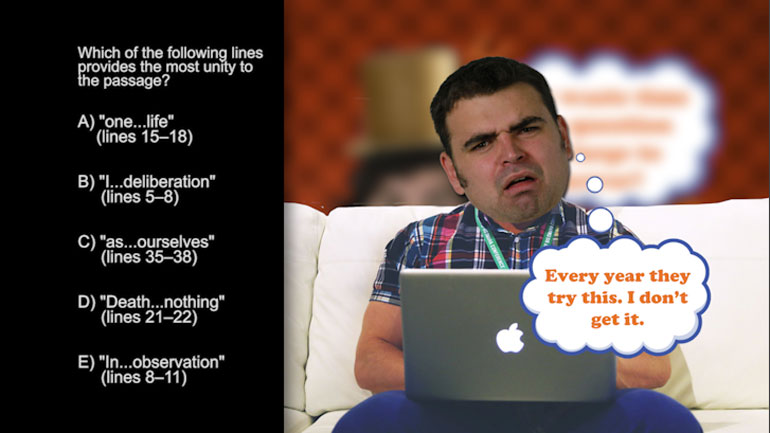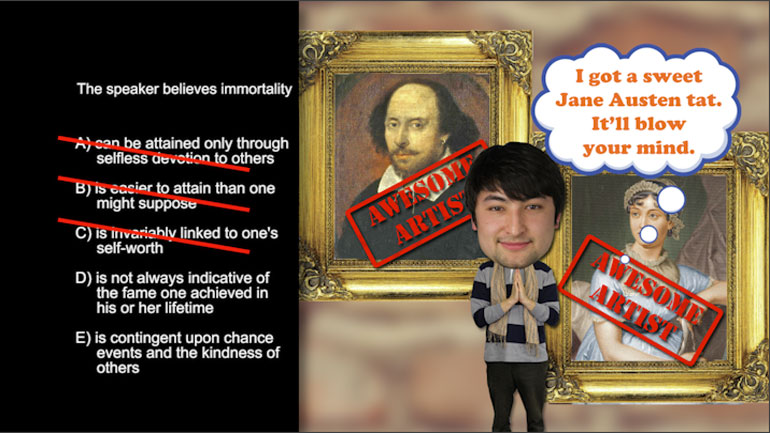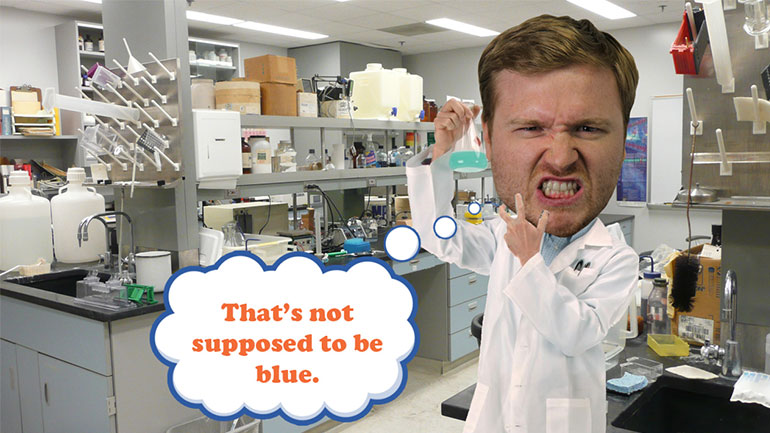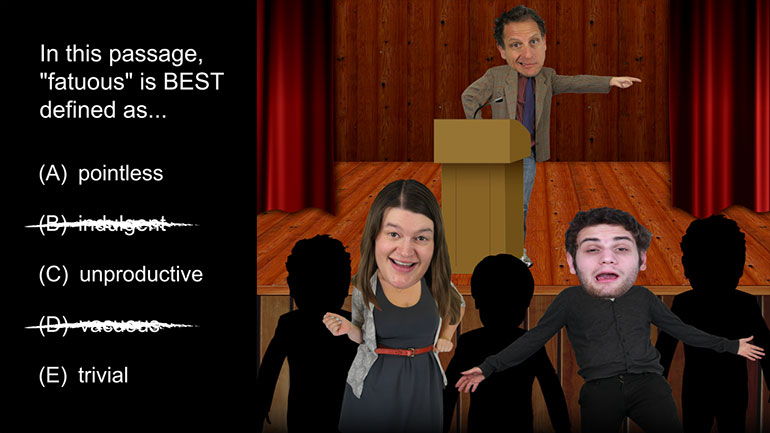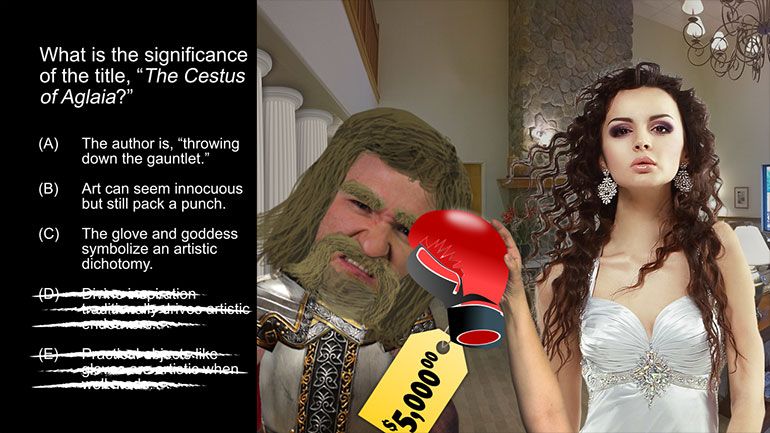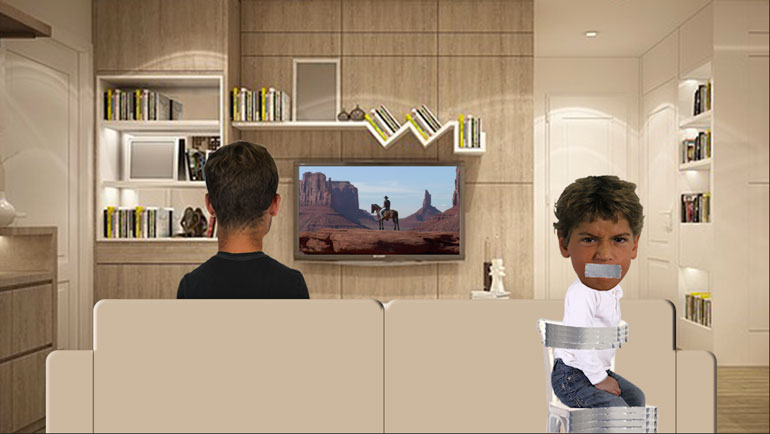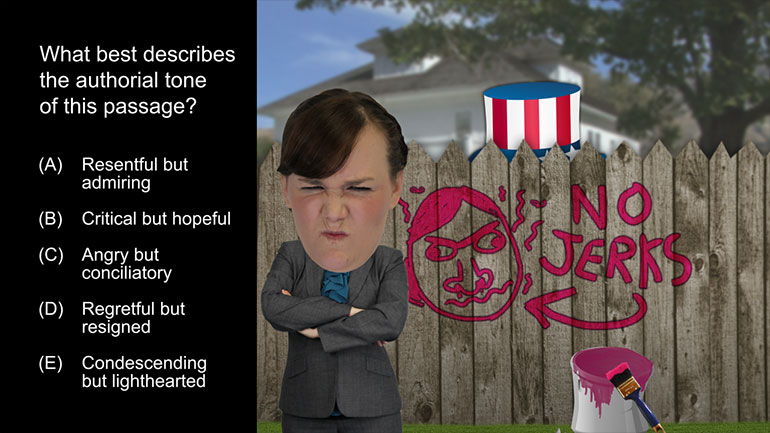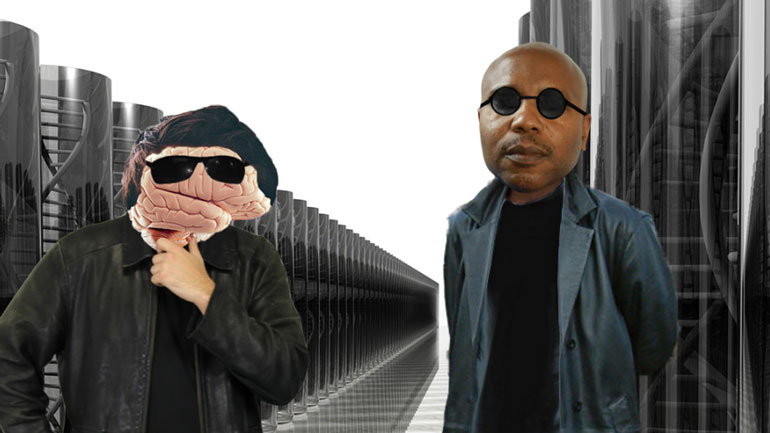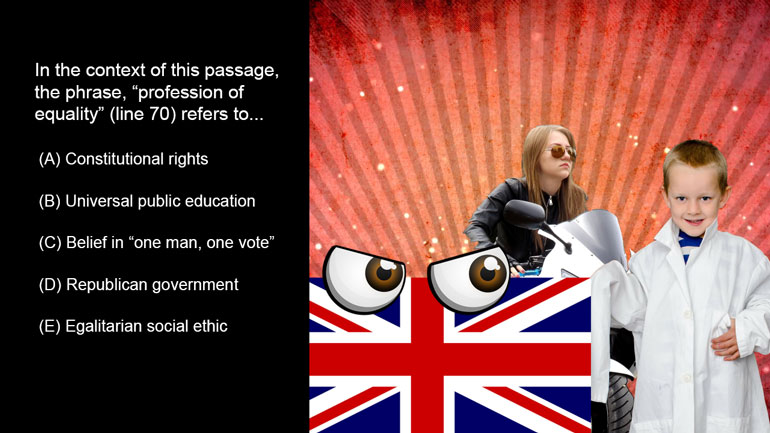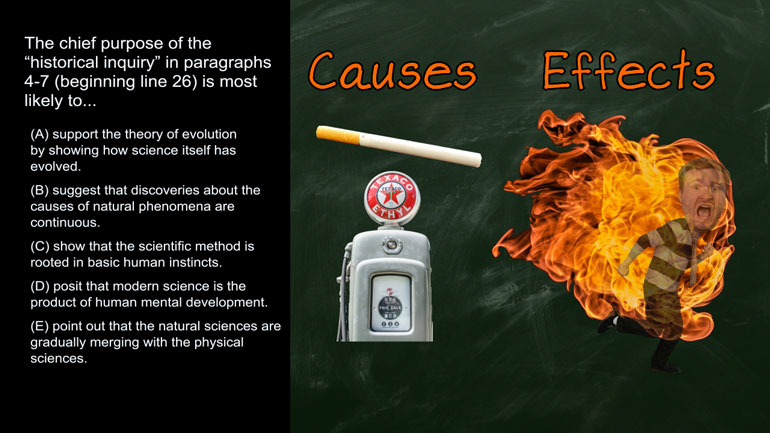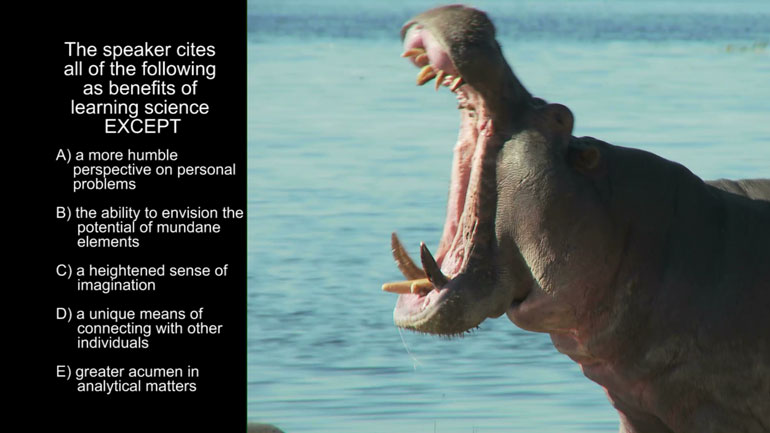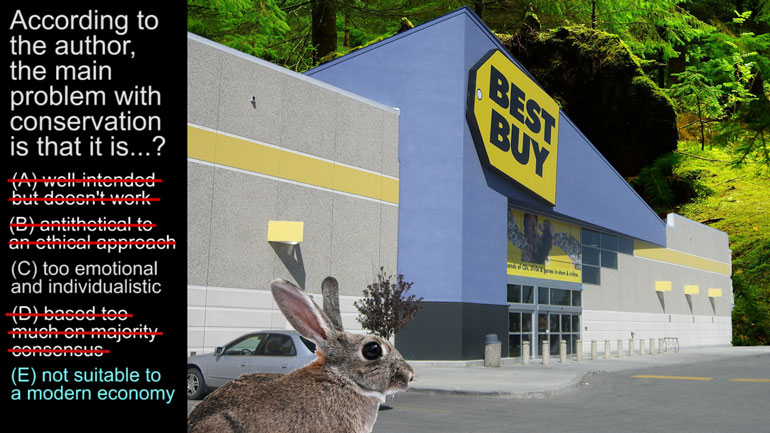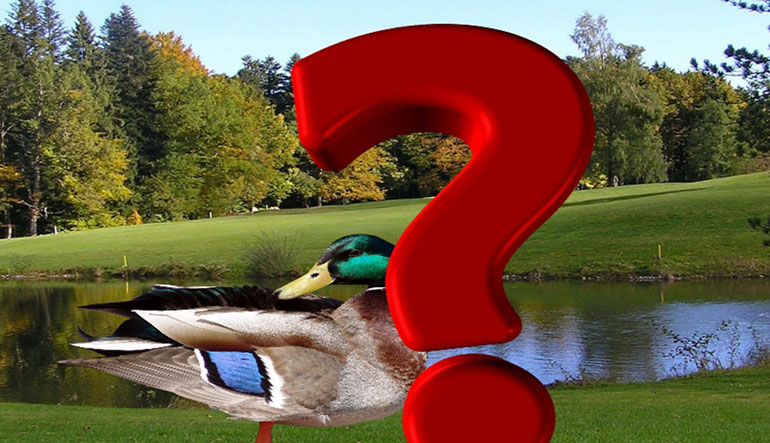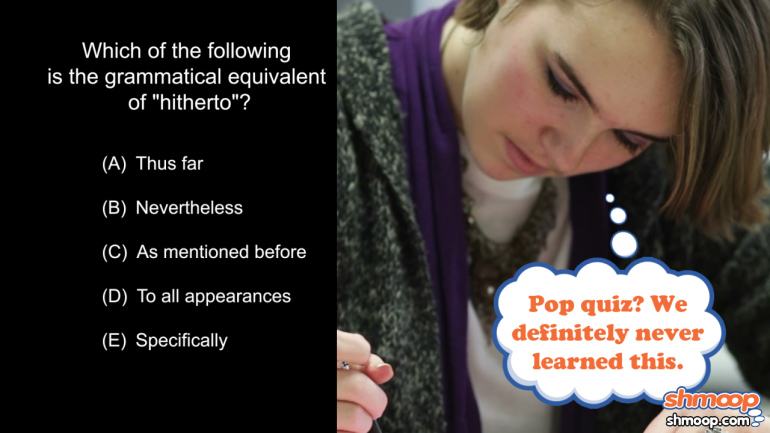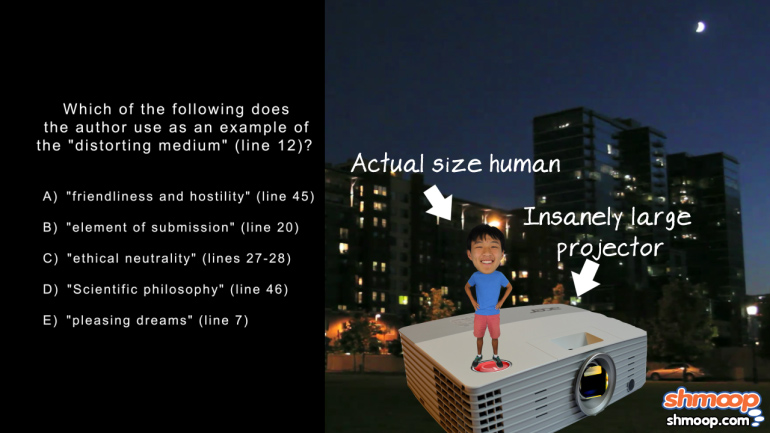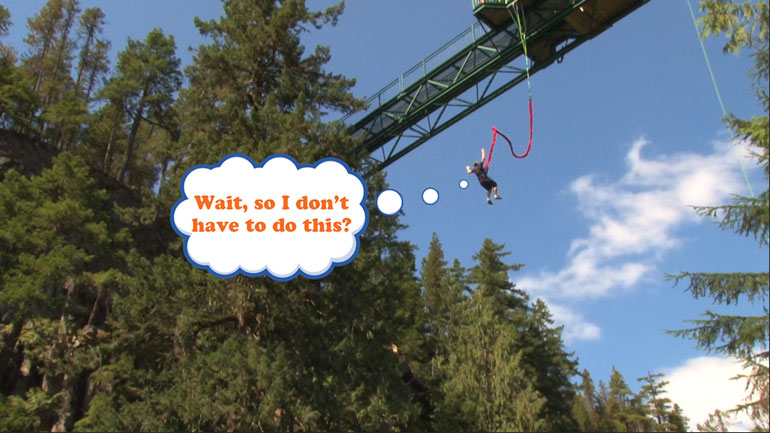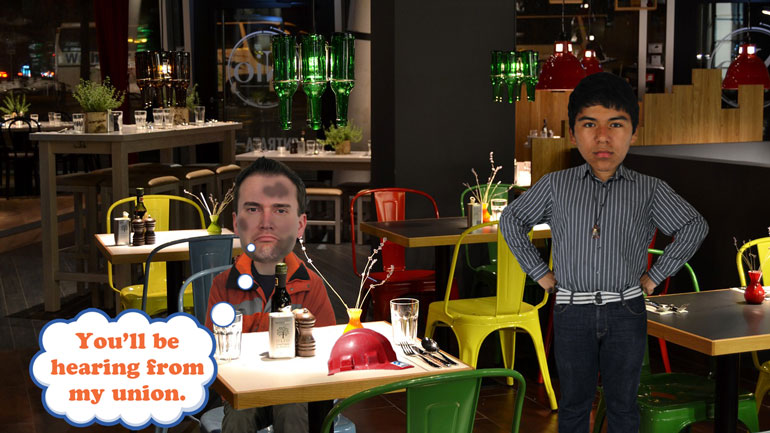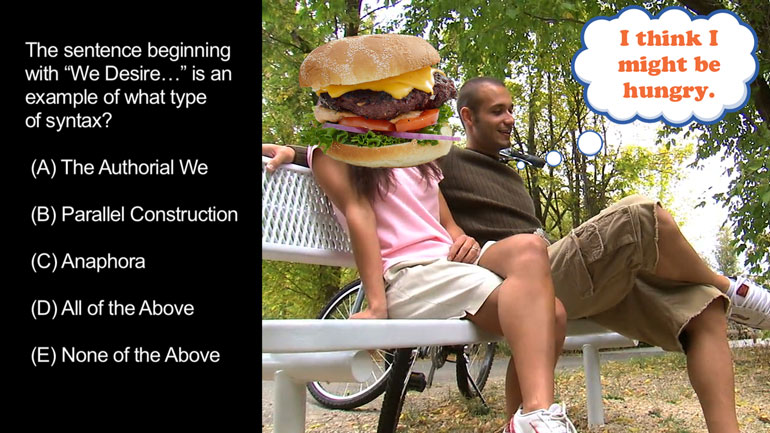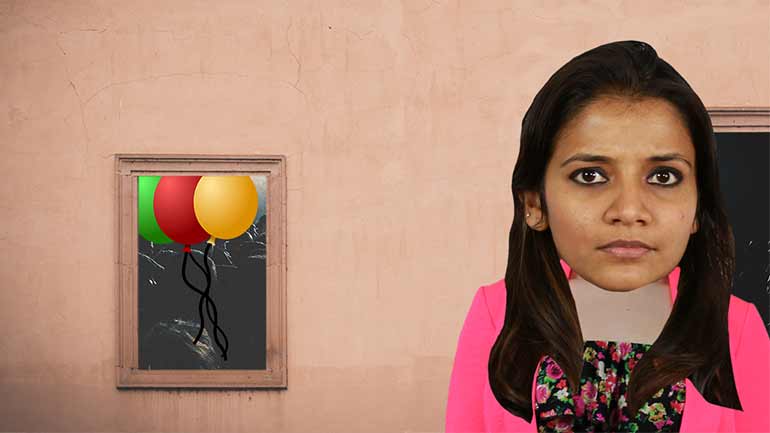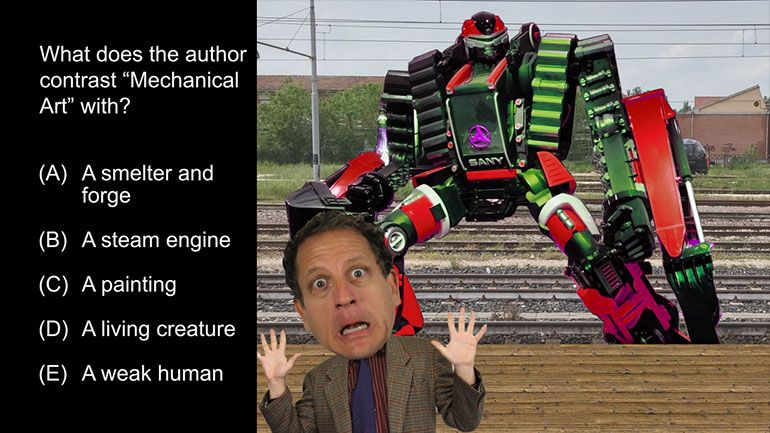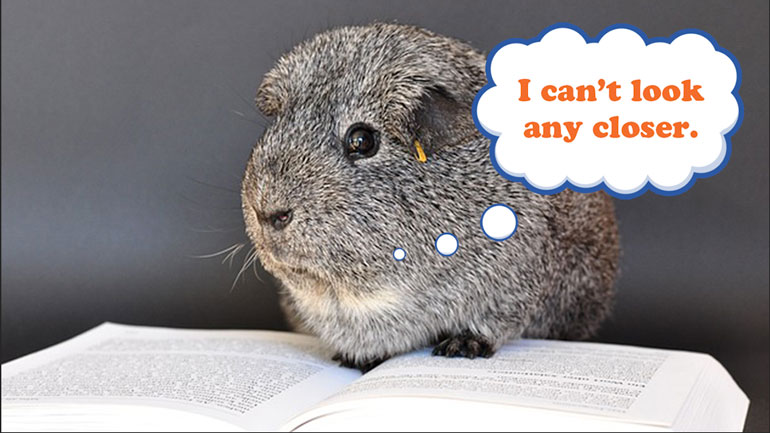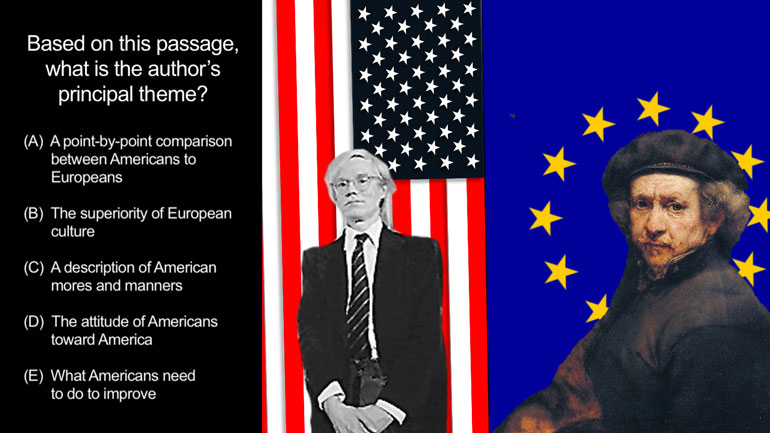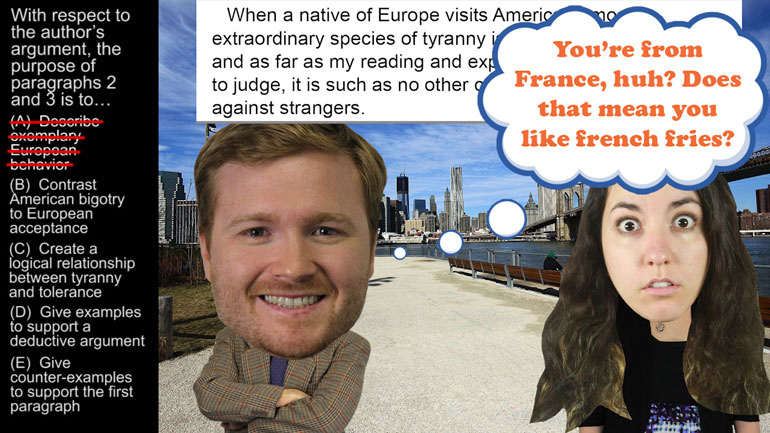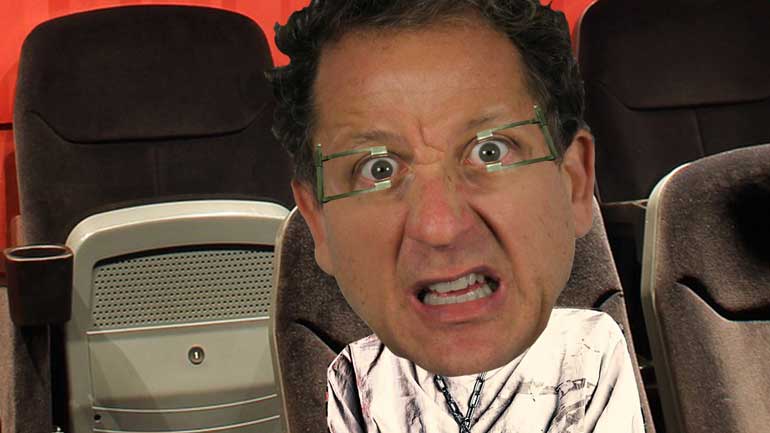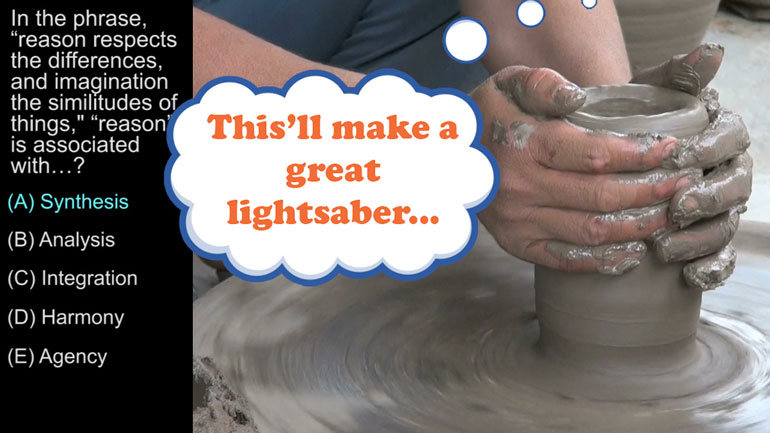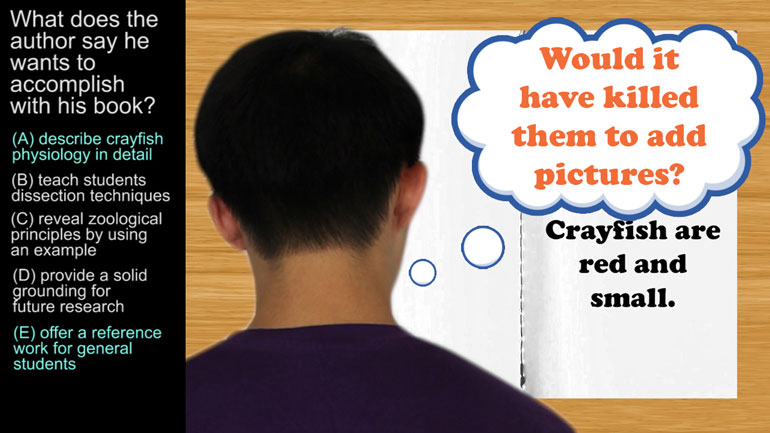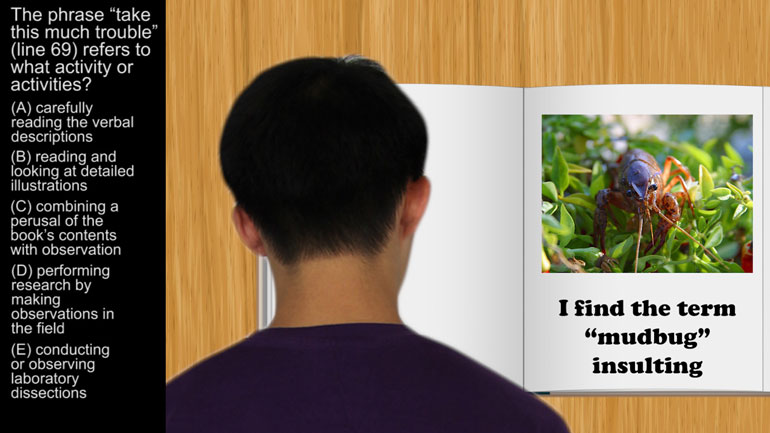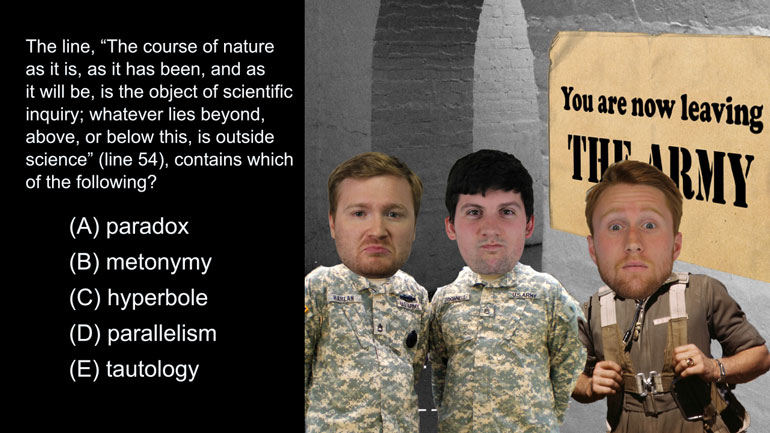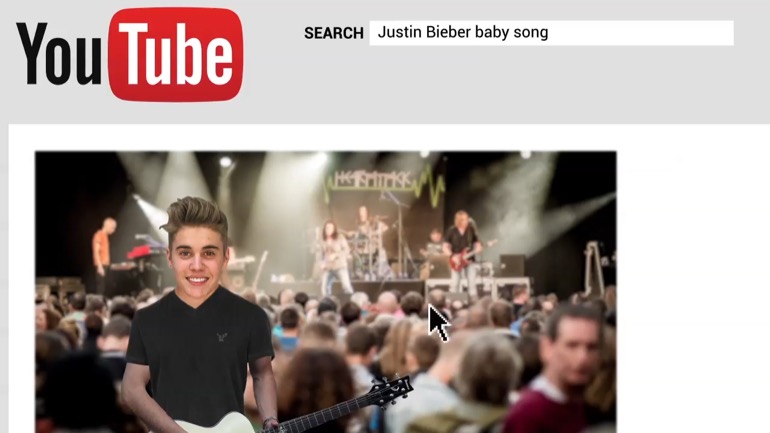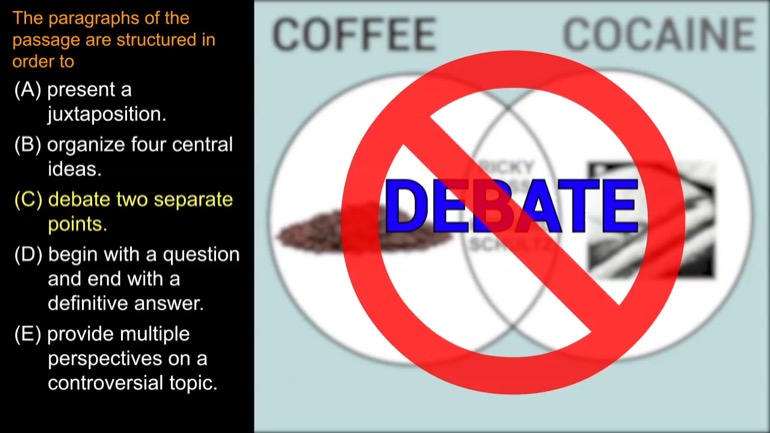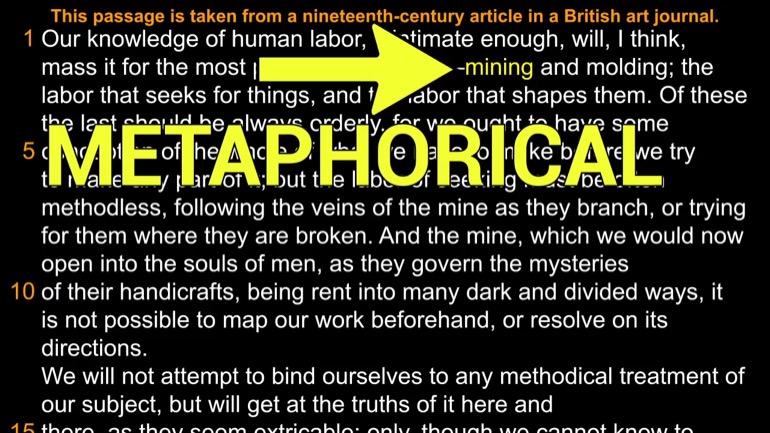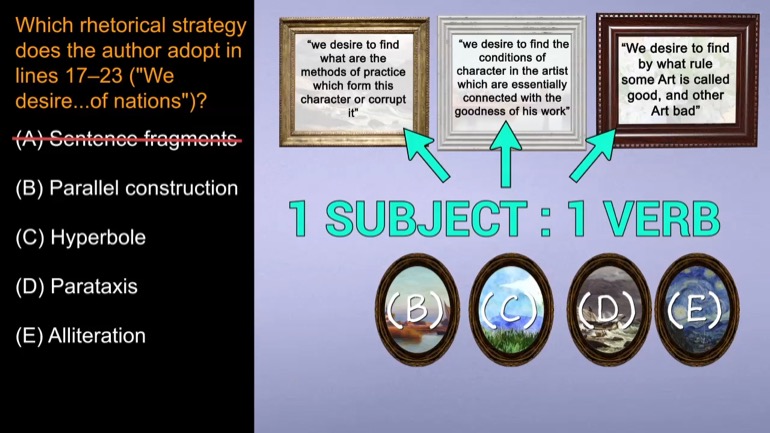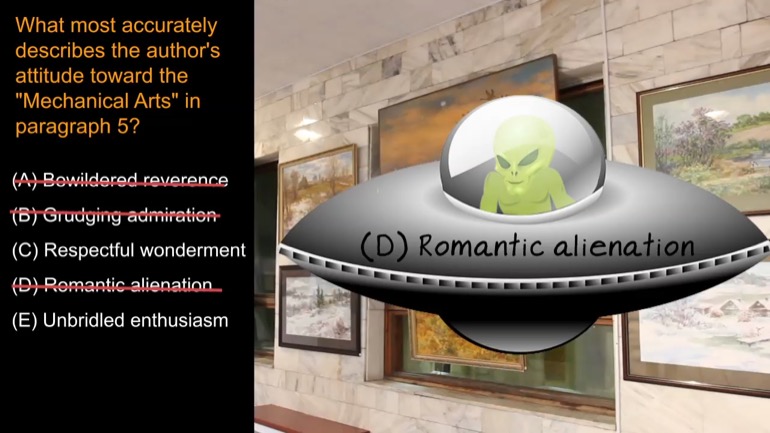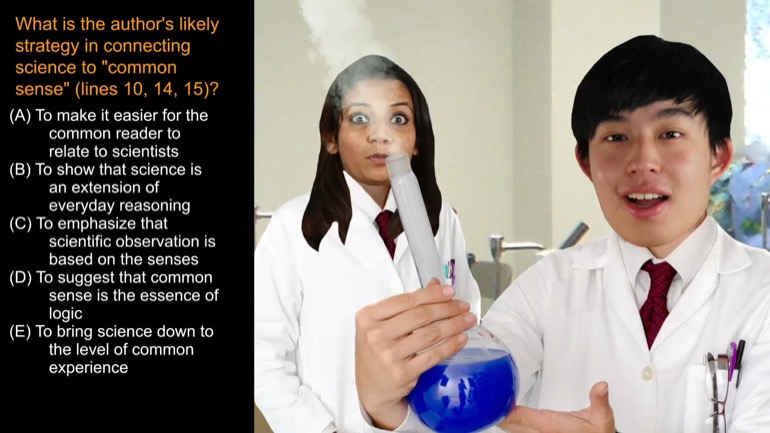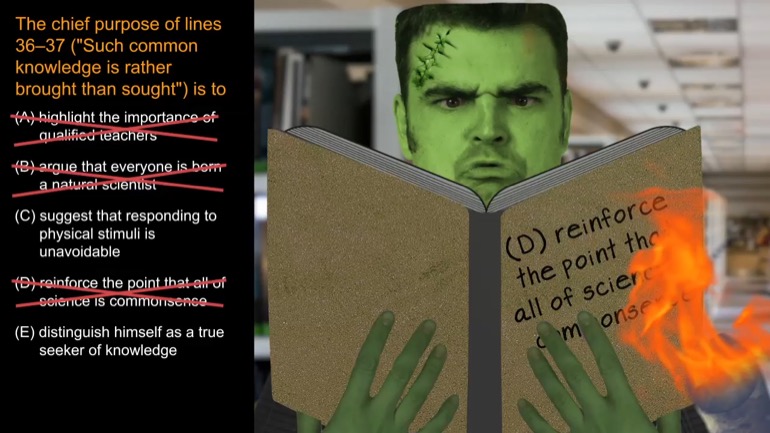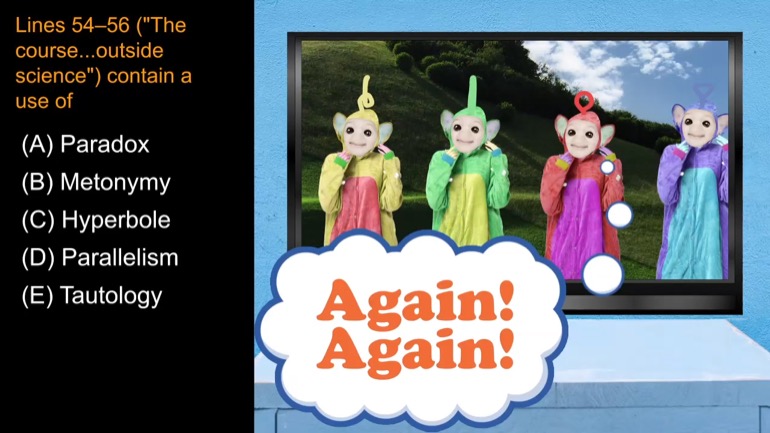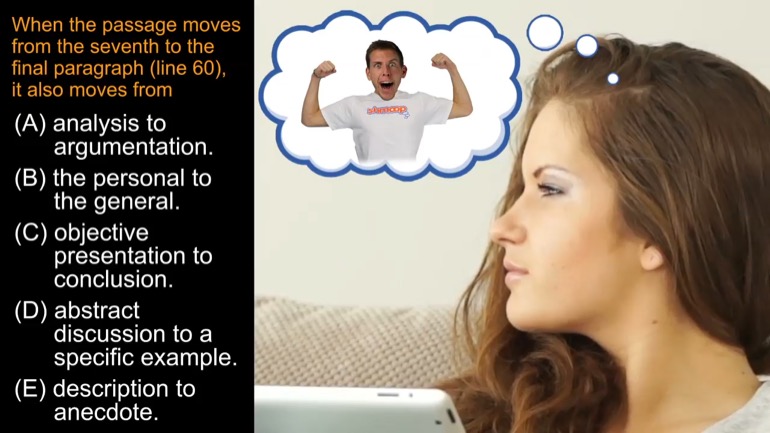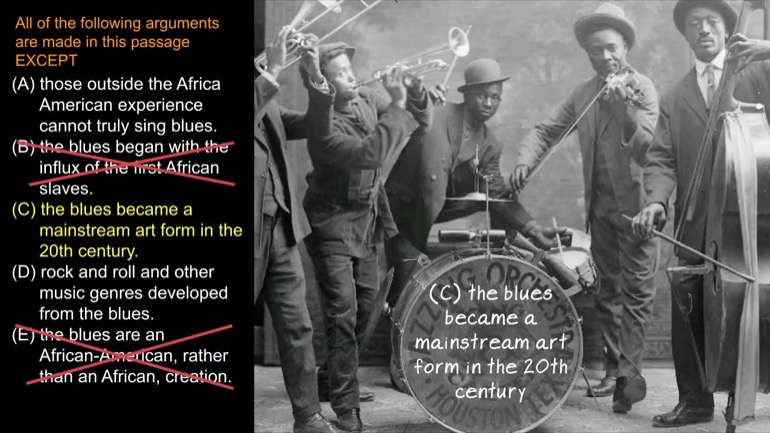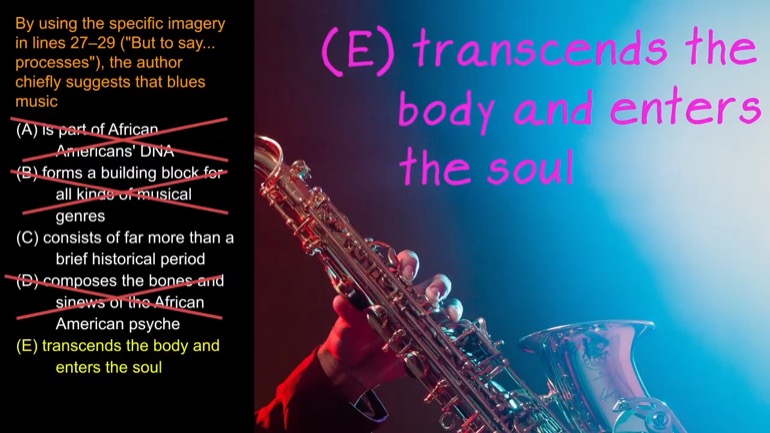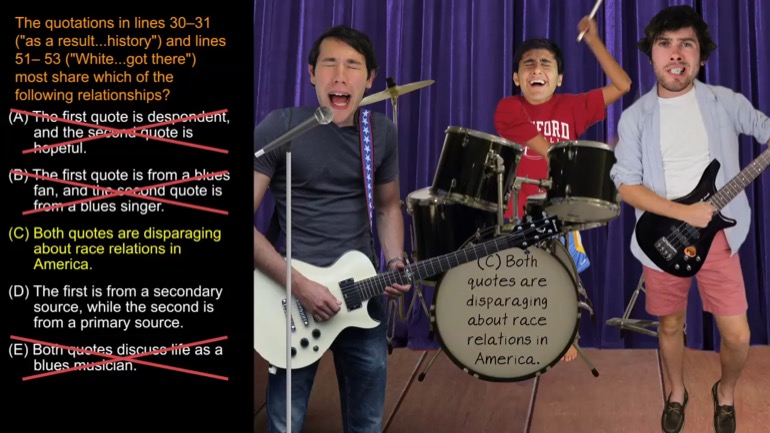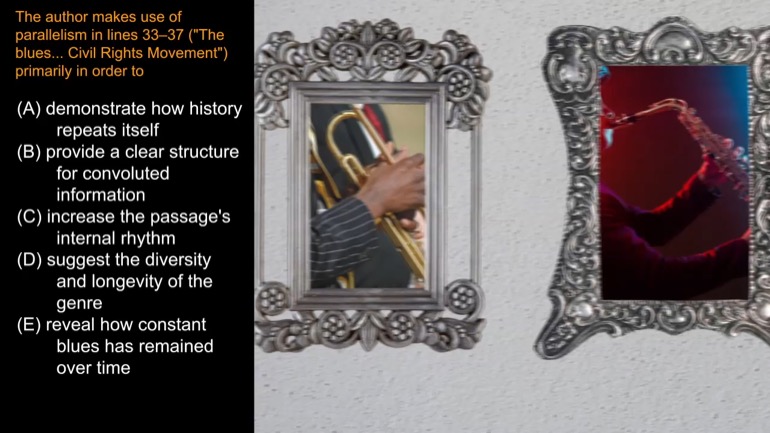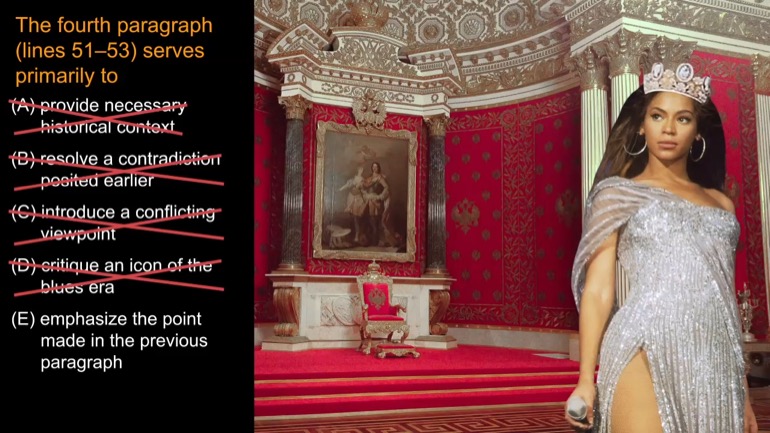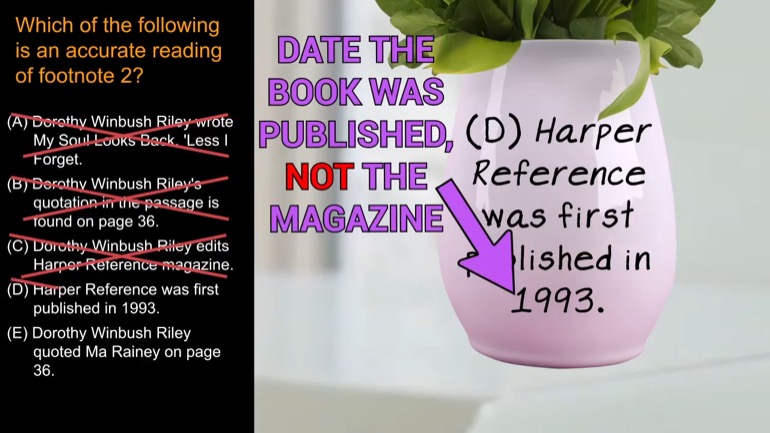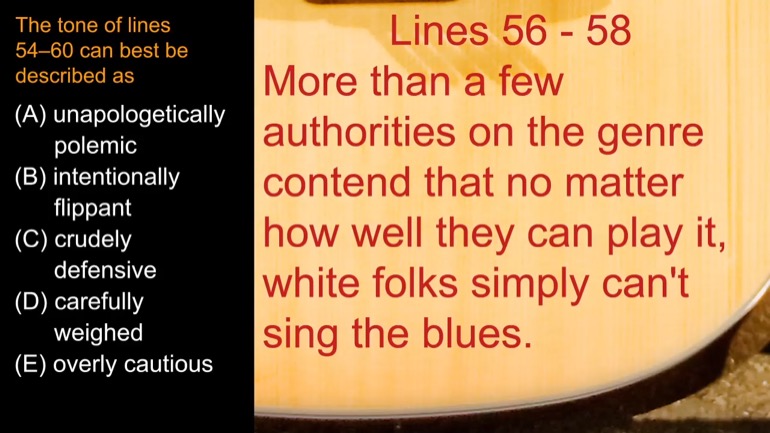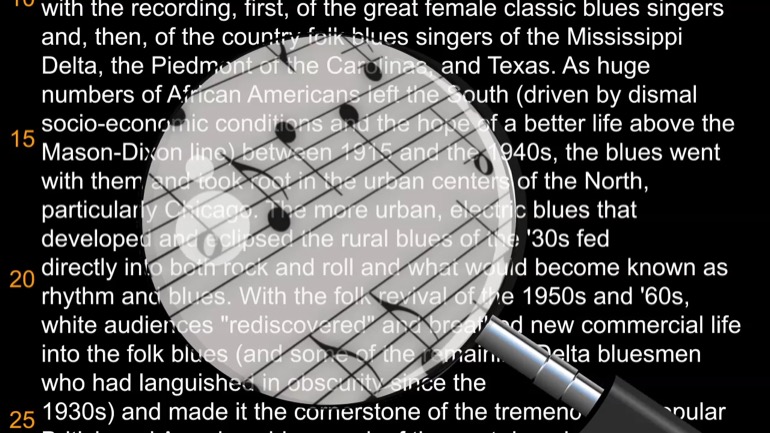ShmoopTube
Where Monty Python meets your 10th grade teacher.
Search Thousands of Shmoop Videos
Passage Drill Videos 141 videos
AP English Language and Composition: Passage Drill Drill 1, Problem 2. What is the speaker's primary purpose in using onomatopoeia in line four?
Feel like shifting gears and answering a question about shifting tones? We've got you covered. Take a look at this question and see if you can foll...
Take a look at this shmoopy question and see if you can figure out which device the speaker employs the most.
AP English Language and Composition 1.7 Passage Drill 340 Views
Share It!
Description:
AP English Language and Composition: Passage Drill Drill 1, Problem 7. What is the principal rhetorical function of paragraphs one to three?
Transcript
- 00:00
[ musical flourish ]
- 00:03
And here's your Shmoop du jour, brought to you by child nations,
- 00:06
where finger painting is a national pasttime.
- 00:09
All right, check out the following passage. It's a long one.
- 00:12
[ mumbles ]
Full Transcript
- 00:18
[ mumbling continues ]
- 00:23
Yeah, all right. A little vague, but let's roll.
- 00:26
The principal rhetorical function of paragraphs one to three
- 00:30
is to... what?
- 00:31
And here are the potential answers.
- 00:33
Read 'em... And pause, and think.
- 00:36
And let's go. All right. Rhetorical function?
- 00:39
Hmm. Sounds intimidating, but it's not as fancy as it seems.
- 00:43
All this question is asking is how the paragraphs help the speaker make his argument.
- 00:46
So, lucky for us, the author shoots straight from the hip.
- 00:50
The structure of the essay is pretty straightforward.
- 00:52
The speaker starts by giving us a scenario:
- 00:55
kids instinctively making art,
- 00:57
then having to give it up when responsibility rears its ugly head.
- 01:01
The speaker then states the primary argument:
- 01:03
nations are like children.
- 01:06
After that, he sets up parallel scenarios that
- 01:08
show how nations follow a similar developmental path
- 01:11
to children. Interesting idea.
- 01:14
Options C and E are both way off base.
- 01:16
The scenarios are examples that support the argument,
- 01:19
not contradictions or misconceptions.
- 01:22
Choice B doesn't make the cut, either.
- 01:24
The author doesn't bust out any solutions in the passage.
- 01:27
He's just telling us how he thinks the world works,
- 01:29
and, wow, what a know-it-all.
- 01:30
All right, D also doesn't work.
- 01:32
Sure, the idea of art-loving babies is cute,
- 01:34
until we have to clean up after them. But the speaker has something bigger on his mind.
- 01:39
The correct answer is A. The opening paragraph's most important
- 01:43
function is to connect the development of children to the development
- 01:46
of Western civilization as a whole.
- 01:48
And if you ask us, western civ is sort of just a big baby.
- 01:52
[ child noises ] [ splat ]
Related Videos
Which answer best describes the theme of the following passage? And if you say "fission chips," we'll give you half credit. The AP test graders mig...
AP English Language and Composition 3.5 Passage Drill. How is "forcible" being used here?
Take a look at this shmoopy question and see if you can figure out which device the speaker employs the most.
He or she that answereth this question shall...answereth it. And hopefully feel kind of accomplished. Hit play and figure out the primary rhetorica...
We're not going to give you a speech about how answering this Shmoopy AP English Lit question will help you succeed in life, but if we did, we wond...
